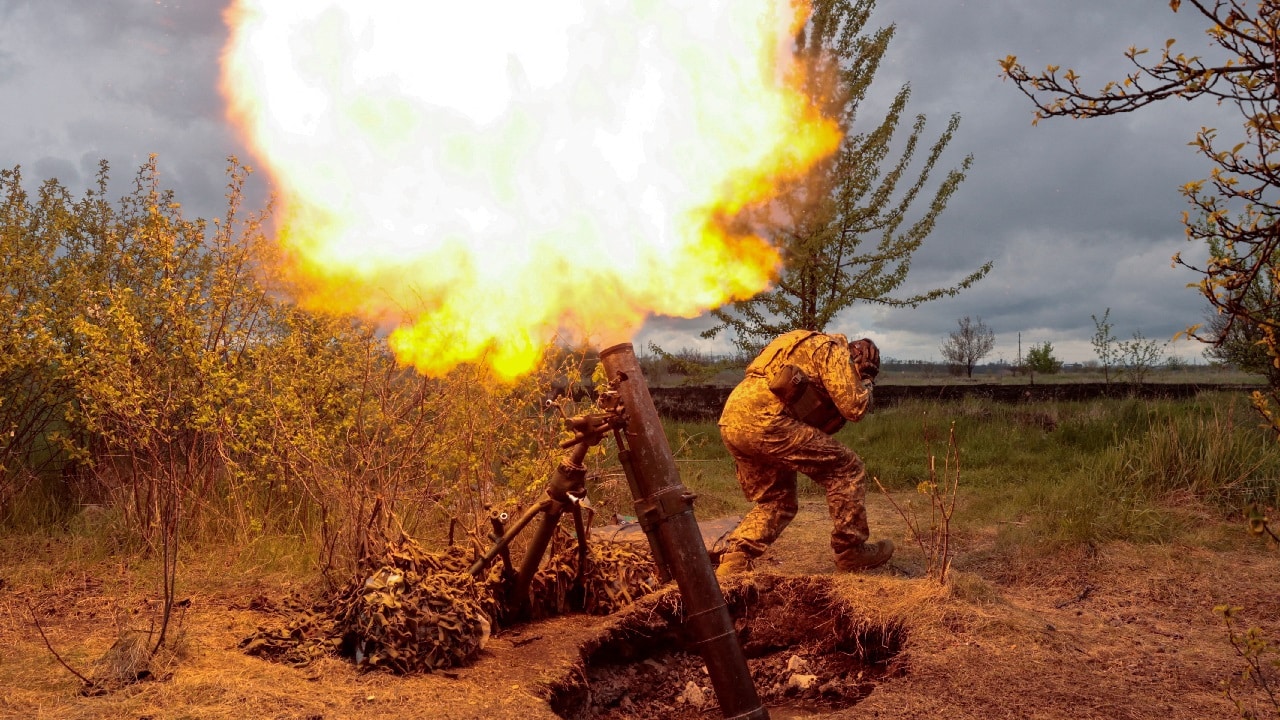As Russia’s Ukraine Invasion Proceeds, European Gas Flow Disruptions Continue – Following Russia’s 2022 invasion of Ukraine, the prospect of long-term European imports of Russian gas became increasingly uncertain. Since the war began, the EU has promised to wean itself off Russian oil and gas, and begun the process of finding new import sources, as seen in an agreement signed July 18 between the bloc and Azerbaijan. However, short-term disruptions to European gas flows from Russia have also taken place as Russia attempts to exert pressure on European states while they are still heavily dependent on Russian exports.
Gazprom Declares Force Majeure on Subset of Gas Imports
In a letter dated July 14, Russia’s state-owned gas company Gazprom stated in a legal letter that it had declared force majeure on gas exports to European customers. Force majeure is a common element of business contracts that releases the contract’s parties from their obligations due to extreme circumstances, thereby limiting the parties’ liability for such events in advance. In particular, the letter declared force majeure on gas supplies in the month before the letter’s date, beginning on June 14.
Gazprom’s letter contained no end date for the declared status and was reportedly sent to various European companies. The major German energy company Uniper confirmed that it had received the letter, and rejected Gazprom’s force majeure claim. Gazprom had already been delivering gas in reduced quantities over the previous month, which it blamed on turbine issues in the Nord Stream 1 pipeline. European energy exports questioned whether Russia’s Gazprom could claim force majeure on its gas deliveries under present circumstances and speculated whether Gazprom’s decision could have been to shield itself from liability after reducing deliveries on the Kremlin’s orders or could be seeking to outmaneuver the EU politically.
What is Happening with Nord Stream 1?
Central to Gazprom’s force majeure claim is the Nord Stream 1 pipeline. The pipeline, which runs from the Russian city of Vyborg on the Gulf of Finland to the German city of Lubmin, is majority-owned by Gazprom and also includes ownership by a variety of European energy companies. On July 11, Gazprom halted deliveries through the Nord Stream 1 pipeline to conduct scheduled maintenance, which is officially slated to continue through July 21.
The ongoing war in Ukraine, combined with Russian complaints that a vital pipeline turbine sent to Canada for repairs has not been returned, has sparked some concern in European capitals that Nord Stream’s operations may not resume on July 21 as planned. However, it appears that the turbine’s return could be forthcoming after all. On July 18, the Russian news publication Kommersant reported that Canada and Siemens Energy (who were working on the turbine in Canada) would return the turbine and that it would be delivered in a matter of days. The decision to return the turbine in question has been the subject of significant controversy in Canadian national politics, with the opposition Conservative and New Democratic Party expressing criticism of the prior decision to issue a “time-limited and revocable permit” for the turbine’s repair.
How much will European Gas Deliveries be Disrupted by?
Despite Canada’s reported decision to return the turbines in question, Gazprom pushed forward with its decision to declare force majeure over its drops in gas deliveries. This is the latest episode in a back-and-forth series of disputes between Russian state energy companies and the Kremlin on one side, and European states and the EU on the other, where Russia is seeking to use one of its most potent forms of leverage over its European neighbors as recourse for European and Western efforts to apply penalties on Russia for its invasion. The concern is growing in European countries like Germany, who have reason to be concerned that reduced gas flows from Russia in the present will leave the country with significantly reduced gas reserves ahead of winter, when natural gas is in particularly high demand for heating purposes.
The moment of truth for Europe will be on July 21, when it will become clear whether Gazprom will extend the closure of Nord Stream 1 or not. If Russia’s Gazprom decides to maintain its declaration of force majeure and continue to put pressure on European customers ahead of the fall and winter, it could be borne out of a result of a mixture of political pressure from the Kremlin or a desire to avoid consequences for previous drops in gas supplies. On the other hand, if Gazprom brings the pipeline back online, it could signal that it is willing to work with the status quo, at least for now.
Wesley Culp is a Research Fellow at the Center for the Study of the Presidency and Congress. He regularly writes on Russian and Eurasian leadership and national security topics and has been published in The Hill as well as in the Diplomatic Courier. He can be found on Twitter @WesleyJCulp.

